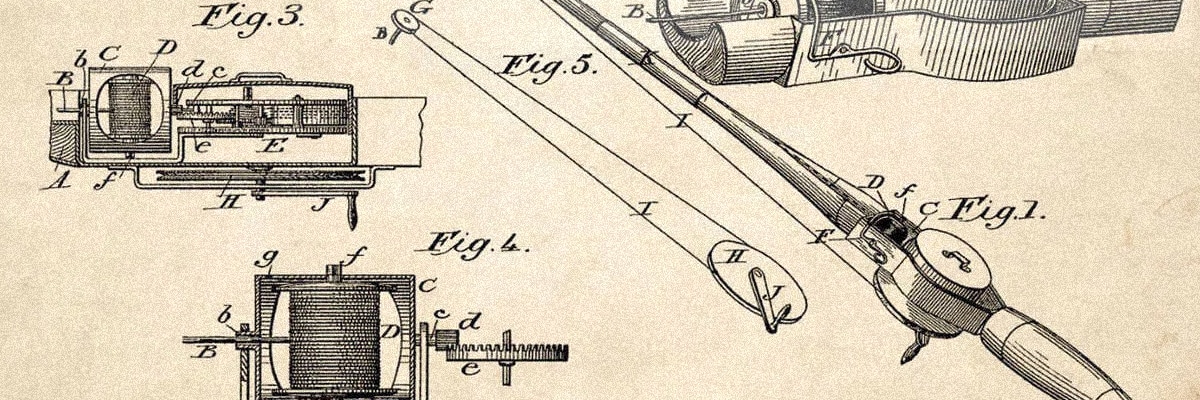by Simone Billi
As early as the last legislature, the Government and the Ministry of Economic Development, which was in charge of the Italian Patent and Trademark Office led by then Minister Gianfranco Giorgetti, decided to include reform on design patents (or industrial property, IP) in the PNRR, as it is among the objectives to promote and act as a driver of economic growth for the Country.
The European Union identifies five macro-objectives on industrial property: 1. Improving accessibility to the protection system; 2. Encouraging use and circulation, particularly by SMEs; 3. Facilitating access to and knowledge of design patents; 4. Ensuring strict compliance to combat counterfeiting and piracy; and 5. Strengthening Italy's role in European and international connections. Therefore, "a modern industrial property protection system" is a central element in defining a development and industrial policy strategy to promote the Country's economic growth.
In continuity with the previous administration, the Government intended to carry forward the Italian strategy on industrial property with a three-year plan to promote the culture of innovation and the tools for protecting and enhancing industrial property. The Plan identifies macro-objectives, taken up and developed from the indications of the European Commission, adapting them to the national context, which I am pleased to present to you in full. The first macro-objective is improving access to IP, and simplifying procedures thanks also to the help given by digitalization.
The second macro-objective is to incentivize businesses (especially SMEs) and universities to better take advantage of IP opportunities. The third macro-objective aims to promote access to and knowledge of IP tools, through reviewing the possibilities of accessing IP in crisis situations, prioritizing voluntary agreements and making patent information available. The fourth macro-objective, on the other hand, concerns enhancing the fight against counterfeiting and piracy. In addition, with this Bill the government has aimed to improve international procedures that have an impact in the country, such as the Unitary Patent and the Patent Cooperation Treaty (PCT).
These are the numbers in 2021 to give a picture of the situation on IP in Italy and the work done by the Ministry and the Italian Patent and Trademark Office:
- 186 thousand the total number of applications for Industrial Property (IP) titles and related petitions issued by the Patent and Trademark Office;
- nine thousand national design patents granted;
- 11 thousand national design patents filed (about 9,000 in 2017), with a growing trend despite the pandemic;
- 70,916 trademark registrations filed with the Patent and Trademark Office (about 60,000 in 2017);
- I also want to mention the 218 historical trademarks of national interest registered, in total, since the establishment of the Registry in April 2020, there are 230 registrations;
- In the period 2008-2019, almost 185,000 were the seizures and 570 million pieces were seized with reference to counterfeiting, with a total estimated value of more than 5.804 billion euros subtracted from the illegal network.
Let's come to the Bill on Amendments to the Industrial Property Code. It provides for 32 articles. The main ones cover inventions made within universities or public agencies. It is provided that ownership of a design patent is vested in the university or administration to which the inventor belongs. It is noteworthy that in the United States the transfer of federally funded activities from the federal government to universities and research institutions, the so-called Bayh-Dole Act of 1980, is considered one of the key factors in the Country's economic and technological growth. Another important development in the legislation that I would like to highlight is the possibility of delayed payment of fees, with possible surcharges, as is the case in most legislation in European countries.
There are also the strengthening of preventive control over patent applications useful for the defense of the country and the prohibition of registration of trademarks evocative of Geographical Indications and Protected Designations of Origin. In addition, several simplifications of telematic filing and digital services have been set up. There are several rules for coordination and adjustment of procedures and revisions of fees to make the use of the digital stamp more widespread.
Many thanks are due to the members of the Committee on Productive Activities, from this and the last legislature, for their work in incorporating the many contributions from business associations, universities and industry experts.
Congressman elected to the Chamber of Deputies in the Foreign - Europe Circumscription. Group leader of Lega in the Foreign Affairs Committee and chairman of the Committee for Italians in the World. He holds a degree in industrial engineering and is an executive in the intellectual property sector.









Scrivi un commento